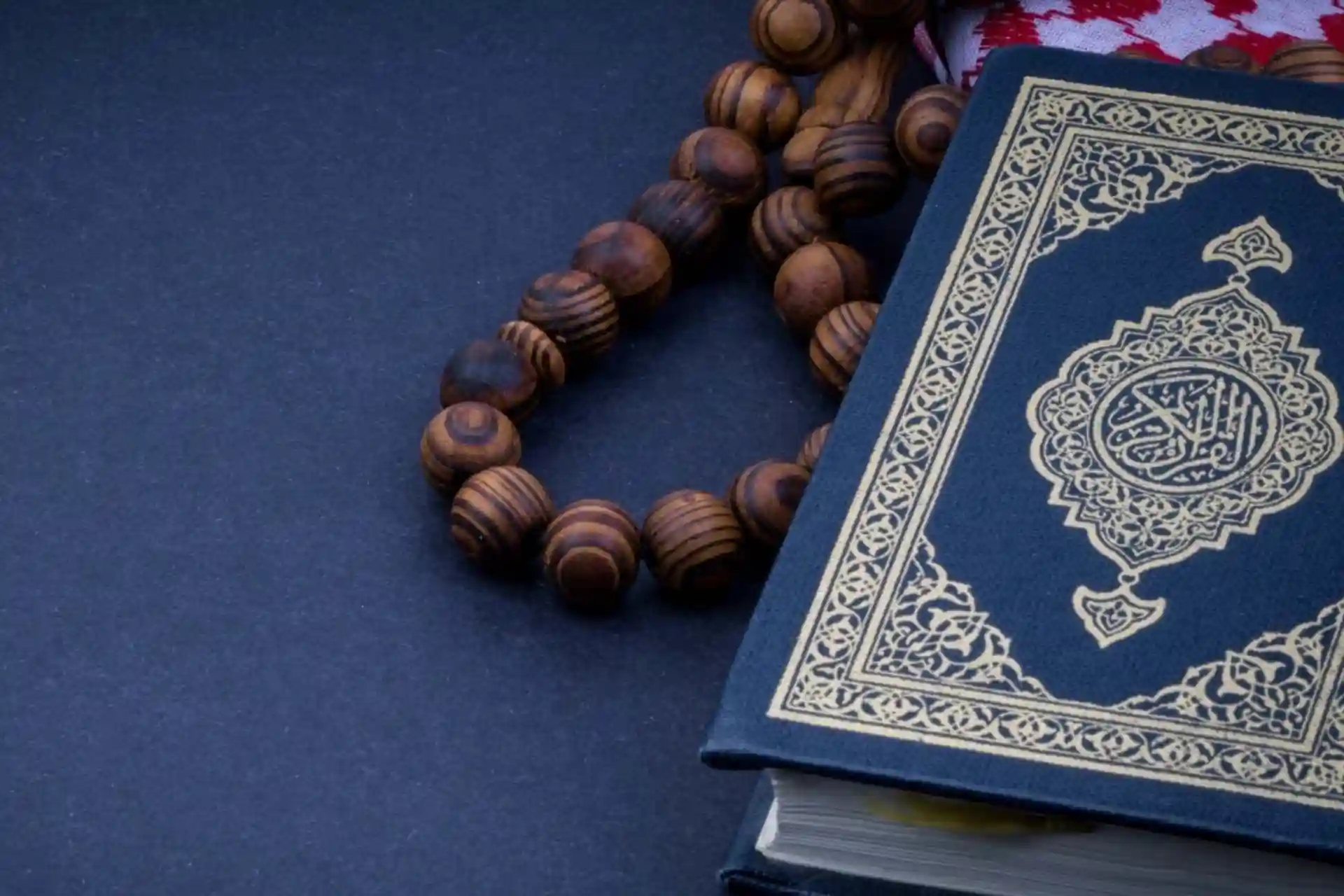08.12.2023 19:57
3596
"We made you a middle community"
"Also, We have made you (Muslims) a middle community so that you may be witnesses to other people (nations) and the Prophet may be a witness to you..." (Baqara, 143)
Also, we have made you... a middle community... according to Imam Qurtubi, we have made you a middle community just as the Kaaba is the center of the earth. That is, after the prophets, we made an ummah superior to all other ummahs.
"Wasat" means "fair", "moderate", "moderate", "best". It was narrated from Abu Saeed Khudri, may Allah be pleased with him, that the Prophet, may God bless him and grant him peace, interpreted the verse of Allah, "Also, We have made you a middle nation..." as "Just" (Tirmidhi).
In another verse, it is blessed that: "(Then) the middle of them said..." (Qalam, 28). In this place, the word "moderate" means "moderate", "moderate".
The middle ummah means the best of ummahs. After all, no one objected to the wise saying, "In everything, moderation is good." Another meaning is that I made your qiblas in the middle of the earth, so I made you a middle ummah. In other words, you will be in the middle position of justice, like the Jews who do not judge Mary as an adulterer, and like the Christians who do not deify Jesus as the son of God.
"...so that you (Muslims) may be a witness to other people (nations) and the Prophet may be a witness to you..." it is understood from the verse that the ummahs of Muhammad, may God bless him and grant him peace, will testify in favor of all the prophets and against their people on the Day of Judgment. On the Day of Resurrection, the ummahs of other prophets will not recognize their own prophets and will claim that they did not introduce us to God and did not convey His orders. Then when Allah Almighty asked the ummah of Muhammad, peace and blessings of Allah be upon him, they said: "We bear witness that all the past prophets conveyed the commands of Allah perfectly to their ummah." "How do you know that?" when it was said, they said: "Our Prophet Muhammad, peace and blessings of Allah be upon him, conveyed it to us through the Qur'an," while showing the Messenger of Allah, peace and blessings of Allah be upon him, as a witness.
According to another group of scholars, the meaning of the verse is related to servants testifying against each other after death. For example, there is a hadith narrated by Anas, may Allah be pleased with him: A dead body was taken from the side of the Messenger of Allah, may God bless him and grant him peace. The companions said good things about the deceased. He, may God bless him and grant him peace, said three times: "It is obligatory, it is obligatory, it is obligatory." After a while, people brought another corpse. This time, when his companion insulted the dead body, the Prophet, may God bless him and grant him peace, said three times: "It is obligatory, it is obligatory, it is obligatory." Then Hazrat Umar, may God bless him and grant him peace, said: "May my parents be devoted to You, O Messenger of God!" A dead body was brought before, and good things were said about it. You said three times: "It was necessary." Then, when another corpse was brought and bad things were said about it, you said, ``It was necessary'' three times. (What is the reason for this?)", our Prophet, may God bless him and grant him peace, replied: "For the one whom you remember and praise with good words, Paradise is obligatory. And whoever you insulted, hell will become obligatory. You are Allah's witnesses on earth, you are Allah's witnesses on earth, you are Allah's witnesses on earth!" (Imam Muslim). Imam Bukhari also narrated this hadith in a similar context. In one of the narration ways of this hadith, which is not found in Imam Bukhari and Muslim, the Prophet, may God bless him and grant him peace, recited the verse "...for you (Muslims) to be a witness to other people (ummahs) and for the Prophet to be a witness to you..." ("Nawadirul Usul").
Ubadah bin Samit, may Allah be pleased with him, says: "I heard the Messenger of Allah, may God bless him and grant him peace, say: "My Ummah has been given three things that were given only to the prophets:
When Allah Almighty sent a prophet, he said to him: "Pray for me and I will accept your prayer." He also blessed this ummah saying: "Pray for me, I will answer your prayers" (Ghafir, 60);
When Allah Almighty sent a prophet, He said to him: "Allah has not made any difficulty for you in religion." He also blessed this ummah by saying: "...he did not cause you any hardship (difficulty) in religion..." (Hajj, 78);
When Allah sent a prophet, he was a witness against his people. He made this ummah a witness against all mankind" (Hakim Termizi, "Navodirul usul").
The meaning of the verse "...so that the Prophet may be a witness to you..." is "so that he may testify to your deeds on the Day of Judgment", "so that he may confirm that you believe in faith and do righteous deeds" or "against you - that he conveys to you the commandments and warnings of Allah the Exalted" "to testify about".
Our scholars say: "Allah described us as just in His Book, blessed and exalted, and gave us the message that He has assigned us to be a witness to all creatures, and even though we are the last in terms of time, He has given us the first place in terms of status and position. For example, our Prophet, may God bless him and grant him peace, said: "We are the last (but) the first" (narration of Imam Muslim).
Based on Tafsir books
Prepared by Noman Abdulmajid.


